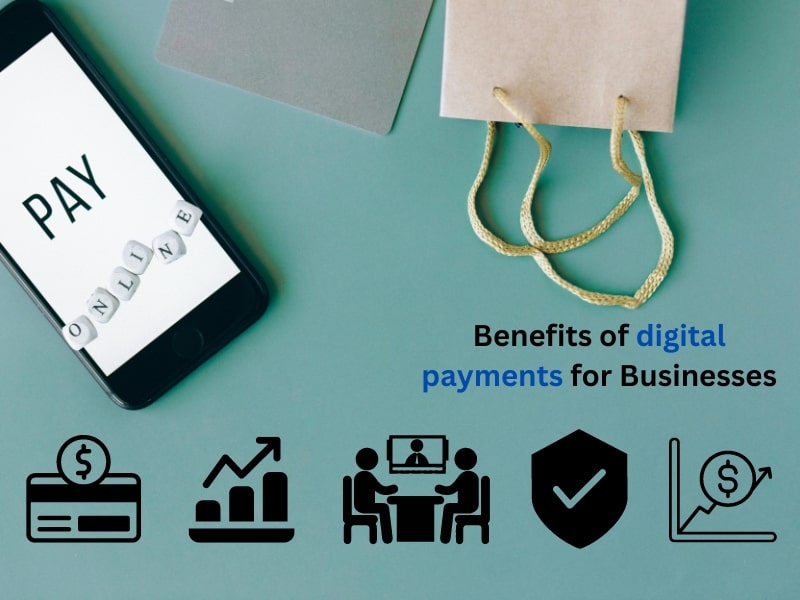
The gig economy has become an integral part of the modern workforce, with millions of freelancers, independent contractors, and part-time workers contributing to various industries. This dynamic and flexible labor market has revolutionized how work is structured, but it also presents unique challenges, especially in the realm of payments. Traditional banking systems often fall short in meeting the needs of gig workers, who require fast, reliable, and flexible payment options. Digital payment solutions have emerged as a game-changer, bridging these gaps and empowering gig workers like never before.
The Unique Payment Needs of the Gig Economy
Unlike traditional employees, gig workers typically operate without the stability of regular paychecks or employer-sponsored benefits. Their income can fluctuate significantly, and they often need access to funds immediately after completing tasks. In addition, gig workers span across borders, making international transactions a common requirement. These factors demand payment solutions that are not only fast and secure but also adaptable to the diverse nature of gig work.
Digital Payment Solutions: Bridging the Gap
Digital payment platforms such as PayPal, Venmo, and Stripe have revolutionized how gig workers receive payments. These solutions offer real-time processing, enabling workers to access their earnings instantly. For international gig workers, digital wallets and cross-border payment platforms like Payoneer and Wise provide seamless currency conversions and reduced transaction fees, making global freelancing more viable.
Benefits of Digital Payments for Gig Workers
Speed and Convenience-Digital payment platforms offer unparalleled speed, allowing workers to access funds immediately after completion of a task. This eliminates the traditional delays associated with bank transfers or mailed checks, ensuring financial stability for workers who depend on timely payments.
Flexibility in Payment Options- Gig workers can choose from a variety of payment methods, including direct bank transfers, mobile wallets, and prepaid debit cards. This flexibility empowers workers to select the option that best suits their financial needs.
Enhanced Transparency and Tracking- Many digital platforms provide detailed transaction histories, helping gig workers track their earnings and manage their finances effectively. This is particularly useful for tax filing and budgeting, as gig workers often need to manage their finances independently.
Lower Transaction Costs- Compared to traditional banking systems, digital payment platforms often charge lower fees for transactions, particularly for international payments. This cost efficiency is a significant advantage for gig workers who frequently engage in cross-border work.
Challenges and Opportunities
While digital payment solutions have transformed the gig economy, challenges remain. Data security and fraud prevention are critical concerns, as gig workers often rely on third-party platforms to manage their payments. Additionally, the lack of integration between some digital wallets and banking systems can create inconveniences for users. However, these challenges also present opportunities for innovation. Emerging technologies such as blockchain and cryptocurrency hold promise for creating even more secure and efficient payment systems. Decentralized payment platforms could potentially reduce fees further and provide gig workers with greater control over their finances.
The Role of Employers and Platforms
Employers and gig platforms play a crucial role in adopting and promoting digital payment solutions. By offering integrated payment systems and partnering with reliable digital payment providers, these platforms can ensure a seamless experience for workers. Features like automated invoicing, instant payouts, and real-time tracking can significantly enhance the appeal of gig platforms for both workers and clients.
Conclusion
Digital payment solutions have undeniably transformed the gig economy, addressing the unique financial challenges faced by independent workers. By providing speed, flexibility, and cost efficiency, these platforms empower gig workers to focus on their craft without worrying about payment delays or high transaction fees. As technology continues to evolve, digital payments will remain a cornerstone of the gig economy, paving the way for greater inclusivity and financial independence.































